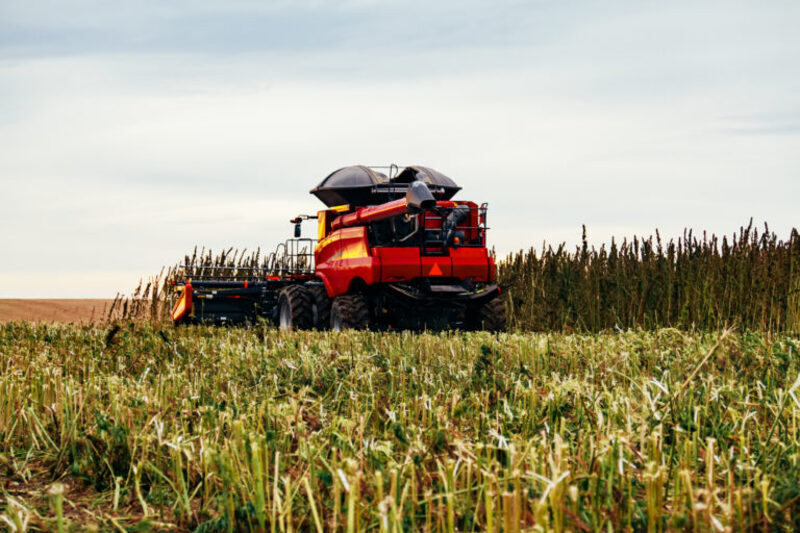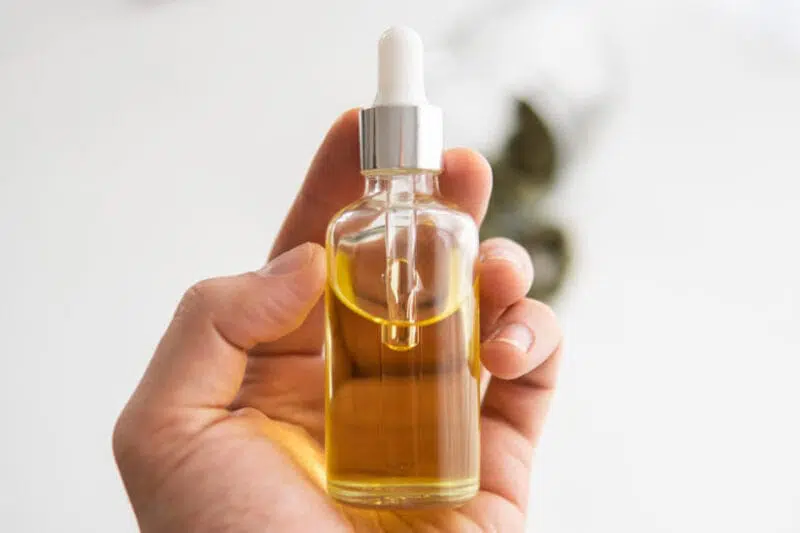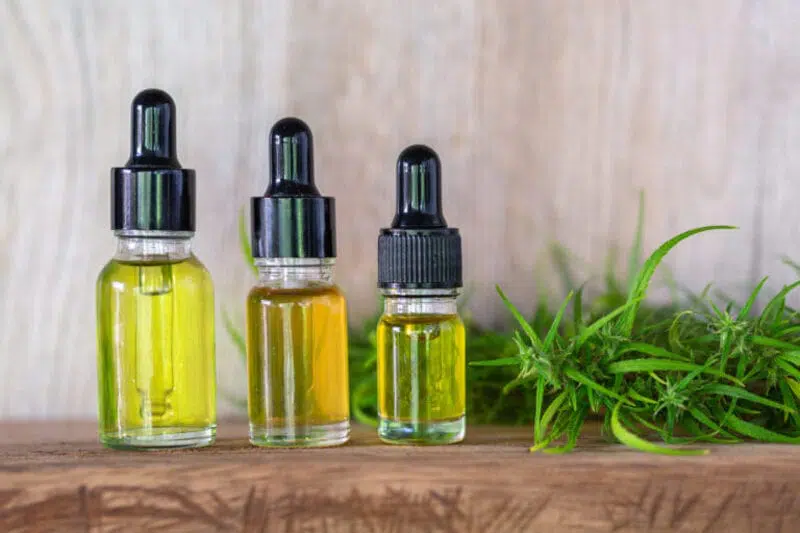-
- Market Research
- |
- CBD Near Me
- |
- Giveaways
- |
- Newsletter
- |
- Contact
- |
- Advertise
- |

Table of Contents
Here’s the latest CBD news:
- As hemp prices drop, farmers are leaving the market.
- Hemp advocates want to remove the drug exclusion provision of the FD&C Act, allowing it to govern CBD products.
- As the long-awaited USDA regulation of CBD products looms, many states are pushing for a delay.
- The White House is conducting ongoing talks about CBD with industry leaders.
Table of Contents
- Report: 2020 Hemp Production Falls, Reducing CBD Supply
- CBD Advocates Want Drug Exclusion Removed and FD&C Act To Govern CBD Products
- States Pushing For Delay Of Compliance to USDA Rules
- Updates From Washington on CBD Talks
Report: 2020 Hemp Production Falls, Reducing CBD Supply
According to pricing and data firm Hemp Benchmarks, US farmers who began growing hemp to meet the high demand for CBD only to see prices drop or get stuck with unsold biomass are leaving the hemp market.
Hemp Benchmarks reports that US-licensed acreage is down more than 30 percent from 2019. Indoor and greenhouse square footage also plummeted 64 percent. It expects a smaller proportion of this year’s hemp crop to be grown for the CBD industry.
“If proportions of planted and successfully harvested acreage this year are similar to last year, it should result in a substantially smaller supply of CBD and other cannabinoid-rich biomass from this year’s crop, relative to 2019,” said the report.
Trading platform and benchmark pricing service PanXChange says CBD biomass prices are currently trading between 40 cents to $1.05 per percentage point of CBD content per pound, down from over $4 in July 2019. It seems this is largely due to decreased demands as CBD sales are now projected to fall well below previous estimates.
Last year, cannabis data firm Brightfield Group predicted the CBD industry would reach $8 billion in sales this year, while the projection now is set to $4.7 billion, which is a 14 percent increase from 2019. The long-term outlook for the industry of $20 billion by 2023 has also been reduced to $12.4 billion.
CBD Advocates Want Drug Exclusion Removed and FD&C Act To Govern CBD Products
A trio of industry advocates is pushing for the White House to utilize the US Food, Drug and Cosmetic Act to govern CBD products rather than establish any new enforcement policy.
Hemp and cannabis attorney Shawn Hauser, President of Vote Hemp Eric Steenstra, and government affairs consultant and health and wellness advocate Tami Wahl believe that the US Food, Drug and Cosmetic Act can apply to CBD regulation without requiring any additional policy. In order for this to move forward, the hemp advocates say the FDA needs to remove the drug exclusion provisions.
The drug exclusion in the Act prevents manufacturers from including CBD in food, beverages, or marketing it as a dietary supplement because it is the active ingredient in a drug, namely Epidiolex. However, since all products do contain CBD isolate (the form of CBD in Epidiolex), the group argues that CBD products should be evaluated individually, rather than as a whole.
If the FD&C Act would be enforced, it would:
- Regulate and inspect CBD manufacturing facilities for compliance with Good Manufacturing Practice standards and quality control.
- Enforce labeling accuracy and product content.
- Ensure supply-chain integrity, including full traceability with validated testing protocols.
States Pushing For Delay Of Compliance to USDA Rules
States and industry groups are pushing the US Department of Agriculture to delay the deadline to comply with the agency’s hemp rules.
While nearly 20 states have approved plans that align with the USDA’s Interim Final Rules (IFR), almost half of US states—including major hemp-growing states like Kentucky, Oregon, and California—currently operate under the 2014 Farm Bill regulations, which were grandfathered for an additional year.
These states must submit plans by Saturday, August 15, to continue operations.
Both US Oregon senators asked the USDA for a delay. Senate Minority Leader Chuck Schumer also sent a letter asking the USDA to delay the new rules until 2022.
“Regulating this rapidly-emerging industry is a must, but the timing of new regulations is important and the current economic crisis must be considered,” said Schumer.
The COVID-19 pandemic has been cited as a reason for the requested delay, and the US House recently passed legislation that would delay the deadline until 2022. However, Senate approval is still required.
Updates From Washington on CBD Talks
Meetings continue to layout new guidance on CBD products, and new details continue to emerge from the talks.
The “Cannabidiol Enforcement Policy; Draft Guidance for Industry; Availability” was submitted to the White House Office of Management and Budget (OMB) by the FDA back in July. Once signed by the OMB, this represents the last step toward solidifying guidelines for the CBD industry.
Prominent members of the US Hemp Roundtable, National Industrial Hemp Council, as well as individual farms and business entities have met with the White House.
The US Hemp Roundtable submitted a document to the White House that said,
“Public statements by FDA officials arguing that it is illegal to sell ingestible hemp-derived CBD products have taken their toll on the industry. While the agency has primarily taken action against companies that have made improper disease claims, and while FDA officials have announced that they are investigating a regulatory pathway for CBD products, CBD commerce and investment have been chilled due to the absence of federal regulation, impairing economic opportunity for farmers and small businesses.”







